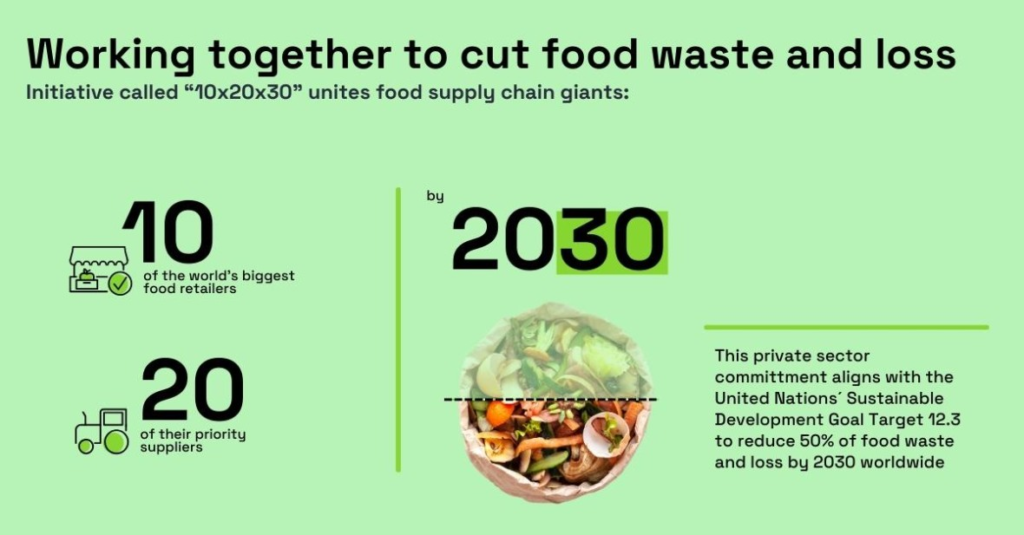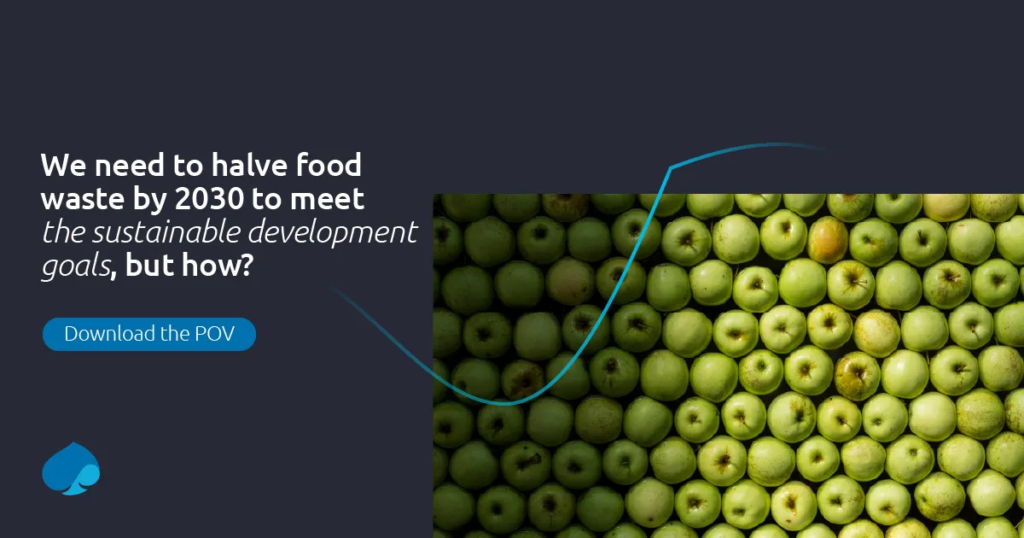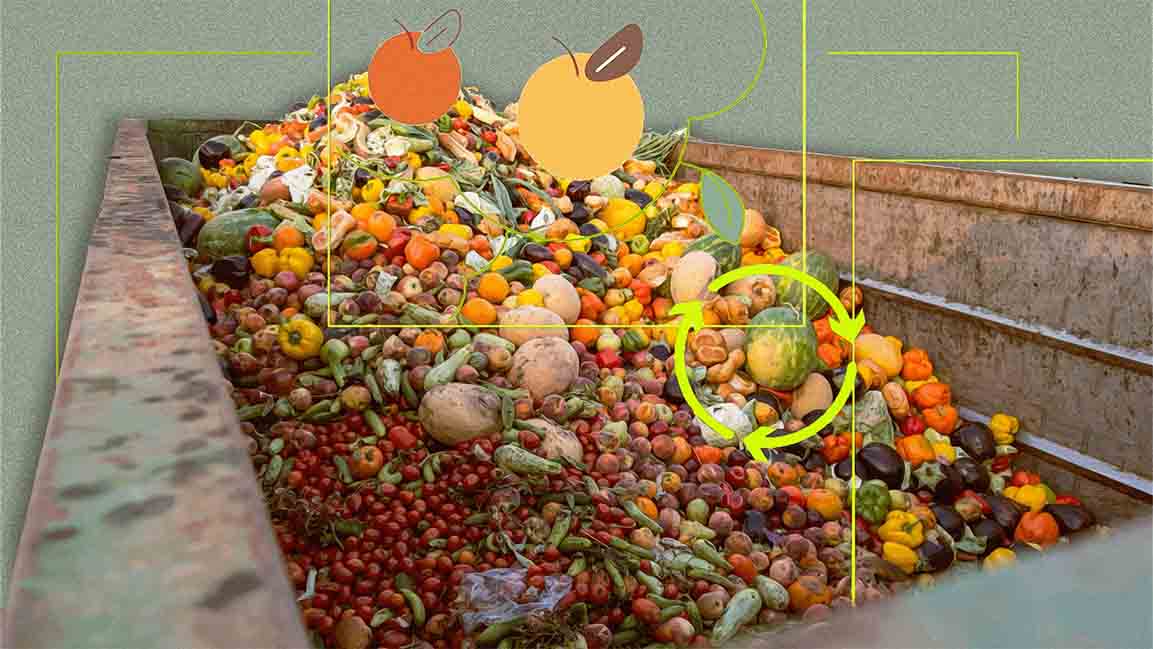How Kuwait plans to cut food waste by 50% before 2030 is a question gaining serious attention across the country and the Gulf region. As global food insecurity rises and natural resources become more strained, Kuwait is stepping up with ambitious policies and community programs aimed at slashing food waste in half within the next five years.
In a region known for high consumption and fast-growing populations, Kuwait’s new food waste strategy signals a major shift toward sustainability. With strong government backing, private partnerships, and public awareness campaigns, the nation is creating a blueprint that could inspire others worldwide.
Why Reducing Food Waste Matters for Kuwait

Kuwait generates over 400,000 tonnes of food waste each year. That’s nearly one-third of its total solid waste, making it a major environmental and economic concern. Wasted food contributes to greenhouse gas emissions, strains landfills, and wastes the energy used in growing, transporting, and preparing food.
For Kuwait, food waste also has cultural implications. With traditions of generosity and large family gatherings, food often ends up uneaten. But awareness is growing, and the government sees an urgent need to balance cultural values with sustainable practices.
National Plan Aligned with Global Goals
Kuwait’s plan to cut food waste by 50% before 2030 directly aligns with the United Nations Sustainable Development Goal 12.3, which calls for halving global food waste per capita by the end of this decade.
The country’s Environment Public Authority (EPA), in cooperation with the Ministry of Commerce and Industry and the Ministry of Awqaf and Islamic Affairs, is now leading the charge. Their multi-year plan focuses on tracking waste, encouraging behavior change, and improving food systems from farm to fork.
Key Strategies in Kuwait’s Food Waste Reduction Plan
1. National Food Waste Database
One of the most powerful tools being developed is a centralized food waste database. This system will allow ministries, researchers, and food businesses to track waste levels in households, restaurants, and supermarkets.
Having real-time data means authorities can take quick action where waste is highest and adjust policies based on facts rather than assumptions.
2. Smart Regulations for Food Businesses
Kuwait is working on a new set of smart regulations for restaurants, caterers, and retailers. These include:
- Expiry date labeling reforms
- Guidelines for donating surplus food
- Fines for excessive waste in large food chains
The aim is not to punish but to motivate sustainable business operations that help reduce food waste without hurting profit margins.
3. Food Donation Platforms and Apps
Another major pillar in how Kuwait plans to cut food waste by 50% before 2030 is by connecting surplus food with people in need. Government-backed apps and private platforms are being introduced to make this happen efficiently.
One such initiative is an online food rescue app that allows restaurants and supermarkets to list extra food daily. Verified charities can claim the food, ensuring it gets served instead of dumped.
4. Public Awareness and Religious Engagement
Cultural sensitivity is central to this mission. Kuwait is using Islamic teachings on waste and sharing to promote behavior change. Friday sermons in mosques now include messages about food moderation and avoiding excess.
Schools are also participating, with food waste reduction competitions and lessons designed to teach kids about responsible consumption.
5. Technology for Smarter Homes
Smart kitchens and IoT (Internet of Things) appliances are also part of the solution. The government is encouraging the adoption of refrigerators and storage systems that monitor expiration dates and suggest recipes to use leftover food.
This tech-led approach will especially help modern households reduce kitchen waste.
Private Sector Support Grows

Large hotel chains, grocery stores, and catering companies in Kuwait are stepping up. Many are signing voluntary pledges to reduce food waste, adopt sustainable packaging, and train staff in food preservation methods.
Some major supermarket chains have started selling imperfect fruits and vegetables at discounted rates rather than throwing them out.
Challenges Still Ahead
While the goals are clear, Kuwait faces several challenges:
- Changing public habits will take time
- Accurate data collection is still being developed
- Infrastructure for food rescue needs expansion
But with strong leadership and increasing citizen participation, the foundation has been laid.
What Makes Kuwait’s Plan Stand Out?
Unlike one-time awareness drives or loose targets, Kuwait is building a systemic, data-driven strategy that blends tradition with innovation. It respects the country’s culture while pushing forward with modern tools and practices.
By aiming to cut food waste by 50% before 2030, Kuwait is setting a powerful example in the Middle East, a region not often associated with sustainability headlines.
Conclusion
How Kuwait plans to cut food waste by 50% before 2030 is a bold and necessary move. As the nation balances progress and tradition, it is creating a sustainable future rooted in responsibility and innovation.
With the government, businesses, religious institutions, and citizens working together, Kuwait has a real chance to meet its 2030 goal—and perhaps inspire the world to do the same.
Also Read – Shocking Rise in Fast Food Addiction Among Kuwait Teens 2025



